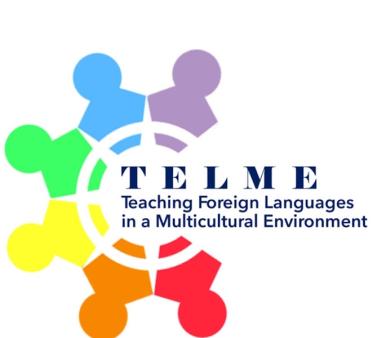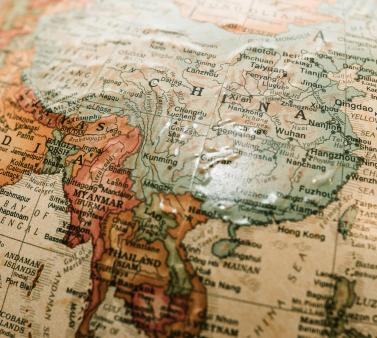Objectives
Drawing on the most recent research in the field, this is a “language and literature” degree.
This joint subject involves the study of four fields:
-
French literature,
-
General and comparative literature,
-
Greek and Latin literature,
-
Linguistics.
This training course aims to provide students with:
-
extensive literary knowledge, from antiquity to the extrême contemporain (contemporary French fiction in the last ten years), from Homer and Virgil to Umberto Eco and Le Clézio,
-
a comparative approach to European literature,
-
an introduction to different fields of linguistics: study of the language system, its historical evolution and its variants,
-
proficiency in discourse techniques.
Skills
-
Developing an extensive knowledge of French and foreign-language literature.
-
Proficiency in text analysis methods.
-
Learning how to analyse how a language works.
-
Proficiency in communication skills.
-
Learning how to problematize, formulate hypotheses and organise thinking.
Course Content
Providing a common base in year 1 that allows students to acquire a solid background knowledge in the fields of literature (French, general and comparative, Greek and Latin), the Humanities Degree offers progressive specialization through three pathways starting from year 2:
-
Modern Humanities pathway extends the study of languages and literary works. In year 3, it offers an option for students who intend to take the competitive exams for secondary education teaching.
-
Schoolteacher (Professeur des écoles) pathway introduces students to a reflection on teaching in the fields of French language, literature and art.
-
Libraries and Publishing pathway provides an insight into book and documentation professions. In particular, it presents the diversity of publishing offers and forms of mediation in a context marked by the development of digital resources and tools.




